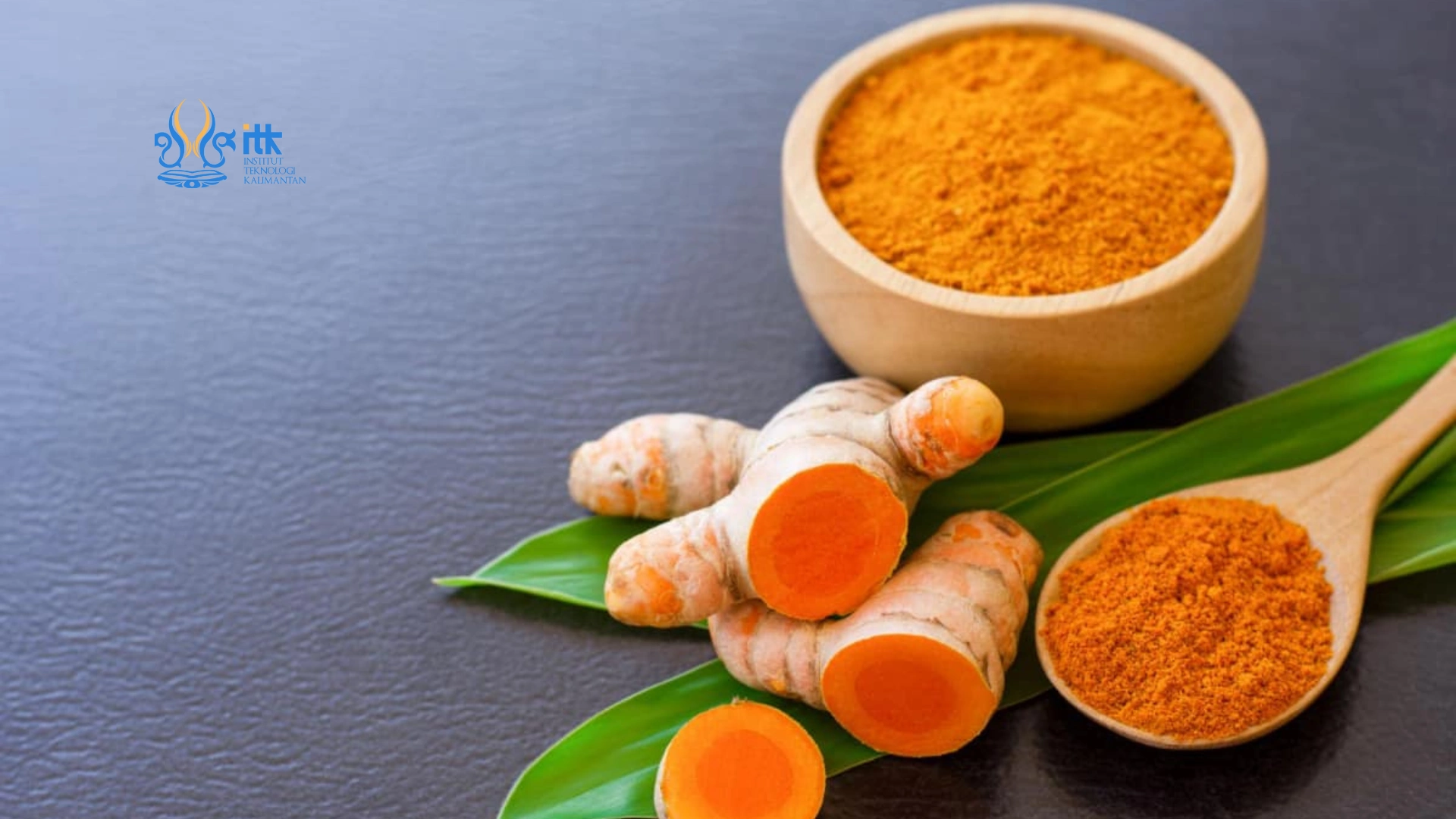Detail Berita
Breaking the Natural Limits of Turmeric: Cold Plasma Technology for Accelerating the Diffusion of Bioactive Compounds
Isi Artikel
What if active compounds from herbal plants like turmeric could be extracted faster, more efficiently, and without excessive heat—using an almost invisible “cold fire”? Dian Mart Shoodiqin introduces cold plasma technology as an innovative solution capable of accelerating the extraction process without compromising the quality of natural ingredients.
Toward Eco-Friendly Extraction
In recent years, global trends have shown increasing interest in more efficient, environmentally friendly, and sustainable methods for natural material extraction. Techniques that avoid chemical solvents and excessive heating have become the main focus for researchers in the fields of food and health. Responding to this challenge, Dian Mart Shoodiqin has developed research on cold plasma technology, particularly the Dielectric Barrier Discharge (DBD) type. However, in Indonesia, the application of this technology to functional materials such as turmeric (Curcuma longa) remains limited and requires further development.
A Mini Lightning That Transforms Natural Materials
DBD-type cold plasma works like a “mini lightning bolt” capable of altering the surface properties of materials without causing significant temperature increases. When applied to turmeric powder, plasma exposure creates great potential to enhance the solubility of active compounds in water—without the need for chemical solvents or heating processes that could damage bioactive quality. Through his research, Dian demonstrates that cold plasma can become a safer, faster, and more efficient extraction technology.
Direct Impact on the Food and Health Industries
The modification of functional groups by plasma makes turmeric more soluble and more “water-friendly.” As a result, the material becomes easier to process for applications in the food and health industries, especially in the production of herbal beverages and natural supplements. This technology is also energy-efficient and can be developed using local resources, strengthening national innovation independence in natural material technology.
Looking Ahead: Cold Plasma for Innovation and Independence
Cold plasma is not merely a sterilization tool, it is a gateway to smarter and more sustainable innovations in natural material processing. With continuous research and development, this technology holds great potential to support Indonesia’s technological sovereignty and improve public health in the future.
Isi Artikel
Tags
Research InovationTags
Research InovationBerita Terbaru
.webp) News
News
East Kalimantan to Become a Magnet for New ITK Students in 2025
90% of ITK Students Come from East Kalimantan
.webp) News
News
ITK Firm and Transparent: The PPKPT Task Force Officially Established
Through the establishment of the PPKPT Task Force, ITK reaffirms its identity as a responsive and proactive institution
.webp) Achievement
Achievement
2nd Place at the National Level in the Sharia Economic Competition 2025, organized by Universitas Pembangunan Nasional Veteran Jakarta (UPNVJ).

.webp)
.webp)
.webp)